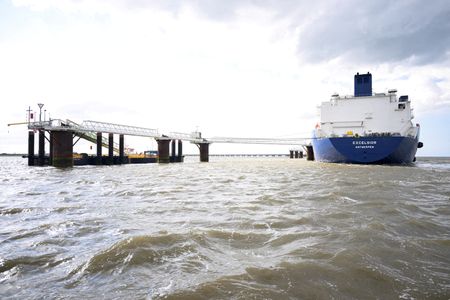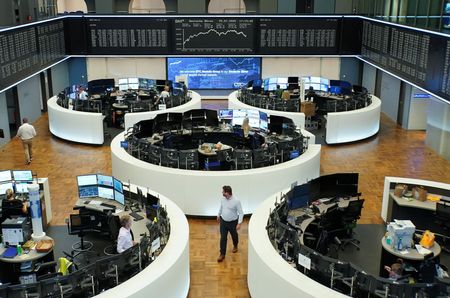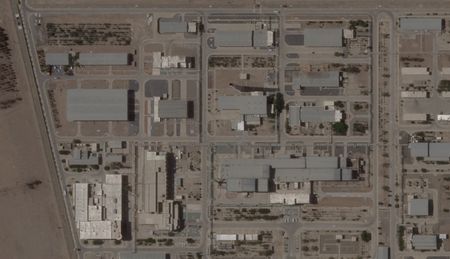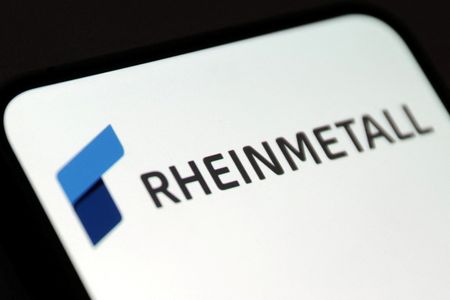FRANKFURT (Reuters) -Germany will officially start commercial operations at its second liquefied natural gas import terminal at Wilhelmshaven port on Aug 29., state operator Deutsche Energy Terminal said on Thursday, as the country diversifies its energy supply.
In response to Moscow’s invasion of Ukraine in 2022, Germany has turned to global, seaborne LNG to replace Russian gas supplied by pipelines on which it used to depend. It has also increased imports of pipeline gas from Norway.
DET is responsible for marketing and operating floating terminals that turn liquefied natural gas back into gas and feed it into Germany’s gas network.
Commissioning and tests of the equipment of Wilhelmshaven 2, which allows subsea transfer of gas to a head station onshore to minimise environmental impact, among other features, started in May and were successfully completed, said DET in a statement.
“Regular operations of the Wilhelmshaven 2 terminal with the floating storage and regasification unit “Excelsior” can now make their contribution to security of supply and to filling gas storage facilities before the next heating season,” said DET managing director Peter Roettgen.
A DET sales round in July has placed all available regasification slots in 2025 and 2026 with gas market players.
The ship Excelsior is owned and operated by U.S.-based LNG company Excelerate Energy, whereas DET has commissioned two more major partner firms.
German Gasfin Services will coordinate all local management processes, and Lithuanian KN Energies will provide commercial and technical maintenance services.
The vessel will be able to feed up to 1.9 billion cubic metres of natural gas into the onshore grid this year, meeting the equivalent of heating needs of around 1.5 million four-person households living in apartment blocks.
The amount will be increased to up to 4.6 bcm in 2026 and also in 2027.
(Reporting by Vera Eckert, editing by Elaine Hardcastle)











